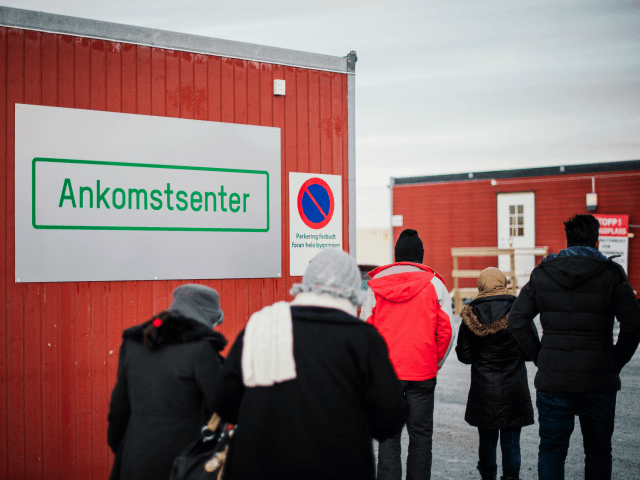Norwegian Minister of Labour and Social Affairs Anniken Hauglie has raised alarm bells after a report has revealed that migrants account for half of the welfare beneficiaries in the country.
The report, which comes from the Norwegian Labour and Welfare Administration (NAV), claims that not only are a disproportionate number of migrants receiving welfare, but many are living below the poverty line. Minister Hauglie has warned that the poor migrants could be forming an underclass in Norwegian society, Verdens Gang reports.
“The report confirms that one of the main causes of poverty in Norway is immigration. 28.5 per cent of immigrants live in sustained low income,” Hauglie said.
“It’s alarming. The worst thing that can happen is that immigrants and refugees become their own subclass in Norwegian society,” she added.
From 2011 to 2015, the poverty rate in Norway has increased from 7.7 per cent to 9.3 per cent. Immigrants, though they only make up 16.8 per cent of the total population, account for 28.5 per cent of all people considered to be in poverty in the country.
“To reduce poverty in Norway, more immigrants have to work,” Hauglie said. “Without language, it is difficult to get in the Norwegian labour market,” she added and recommended that more emphasis is put on having migrants learn Norwegian and not put them in jobs where they do not have frequent contact with native speakers.
Neighbouring Sweden has also been dealing with similar statistics when it comes to newly arrived migrants being unable or unwilling to enter the labour market.
Employment figures from earlier this year showed that the unemployment rate for native Swedes was a mere 3.9 per cent while the immigrant rate was 21.8 per cent.
Language has been cited as a major factor for the high migrant unemployment rate in Sweden as well as poor qualifications and schooling backgrounds.
Despite attempting to give migrants free courses to improve their education, the Swedish Employment Service noted in July that only three per cent of migrants showed any interest in attending schooling or work training.

COMMENTS
Please let us know if you're having issues with commenting.